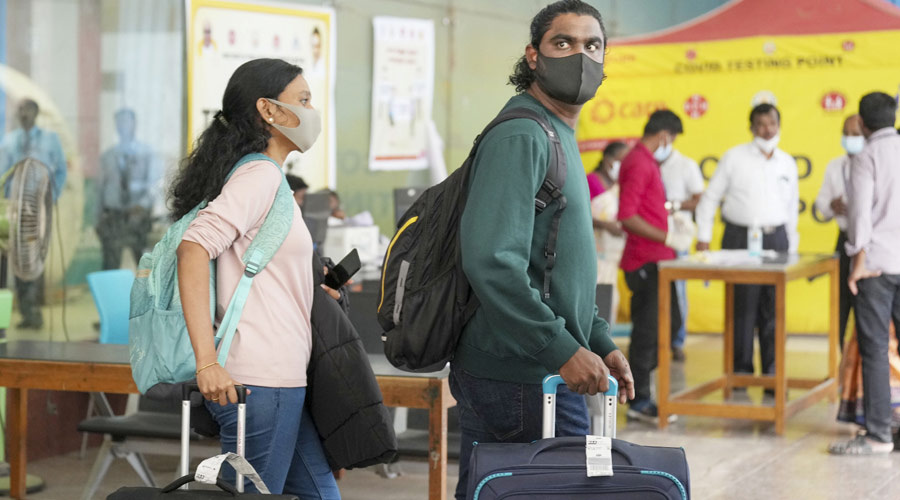Pandemics make it to the global headlines. Should that not be the case with disease outbreaks that did not acquire global dimensions? After all, there is a lot that the world can learn in terms of detection and treatment from these experiences. A recent report published by the global health strategy organisation, Resolve to Save Lives, chronicles six disasters that were prevented from morphing into mass killers, including the Ebola outbreaks in the Democratic Republic of Congo and Guinea and the Nipah virus outbreak in Kerala. While vaccine technology and glamorous genome sequencing grabbed attention during Covid — Pune’s Serum Institute of India was feted for its industrious vaccine-producing capability — a large share of the credit for stopping these other outbreaks should go to grassroots interventions that led to shortened periods for testing and detection that enabled health professionals to determine the virus’s growth rate and behaviour and plan remedial measures accordingly. Congo’s Ebola outbreak, for instance, also underlined the importance of well-tested training protocols for medical staff. Interestingly, Kerala applied past experiences to tackle Covid: the system put in place by the head of emergency medicine at Kozhikode’s Government Medical College hospital, based on lessons learnt from the Nipah epidemic, helped contain the threat while India was being lashed by the Omicron variant. Patients were tested for both Nipah and Covid, while the staff held daily press briefings to quell rumours.
There is a case for broadening the argument to suggest that India’s response to Covid must also be brought under the scanner to prepare for pandemics of the future. For instance, in India, Covid was not merely a public health emergency. Economic pain, social conservatism and religious polarisation were attendant challenges. The pandemic coincided with rampant Islamophobia following the Tablighi Jamaat congregation in early 2020; migrant labourers were inconvenienced by the imposition of a sudden lockdown; markedly unscientific cures were peddled for public consumption by vested interests in the name of tackling the virus. There is thus an urgent need for nations to cooperate and collate information on medical emergencies from global repositories to aid the policy on pandemics. Prevention, as the adage goes, is often better than a cure.










